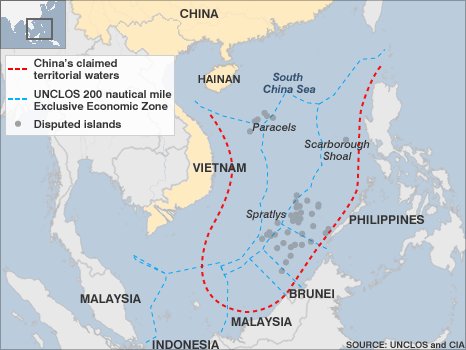Austin Bay points out that better communications have been important elements in the “Arab Spring” and other populist protests in the world right now, but there’s another element joining them together:
What links the Arab Spring rebellions with political agitation in China and at least another five dozen simmering or emerging crises?
If your answer is “the Internet,” you have identified one of the key information technologies that spread the flames. However, the common human fire in these disparate struggles is intense disgust with embedded corruption.
Tyrants maintain control by isolating and intimidating their subjects. However, since the advent of the printing press and increasing public literacy, preserving tyrannical isolation has become a bit more difficult.
Over time, subjects become aware of social, cultural, economic and political alternatives to the despot’s rule, despite the despot’s propaganda. Just how deeply West German television influenced East German resistance to communism is debatable, but the Iron Curtain could not hide the overwhelming evidence of Western affluence and the West’s ability to occasionally remove corrupt leaders.
Communist elite corruption amidst systemic economic failure certainly influenced resistance throughout Eastern Europe and the Soviet Union. The special stores and vacation homes enjoyed by Communist Party favorites infuriated workers denied similar access. East European workers knew that they were industrialized serfs in handcuffed societies falling further and further behind Western European nations. In 1989, when the Russians concluded the Eastern European security forces could not — or would not — shoot everyone, the Berlin Wall cracked.




